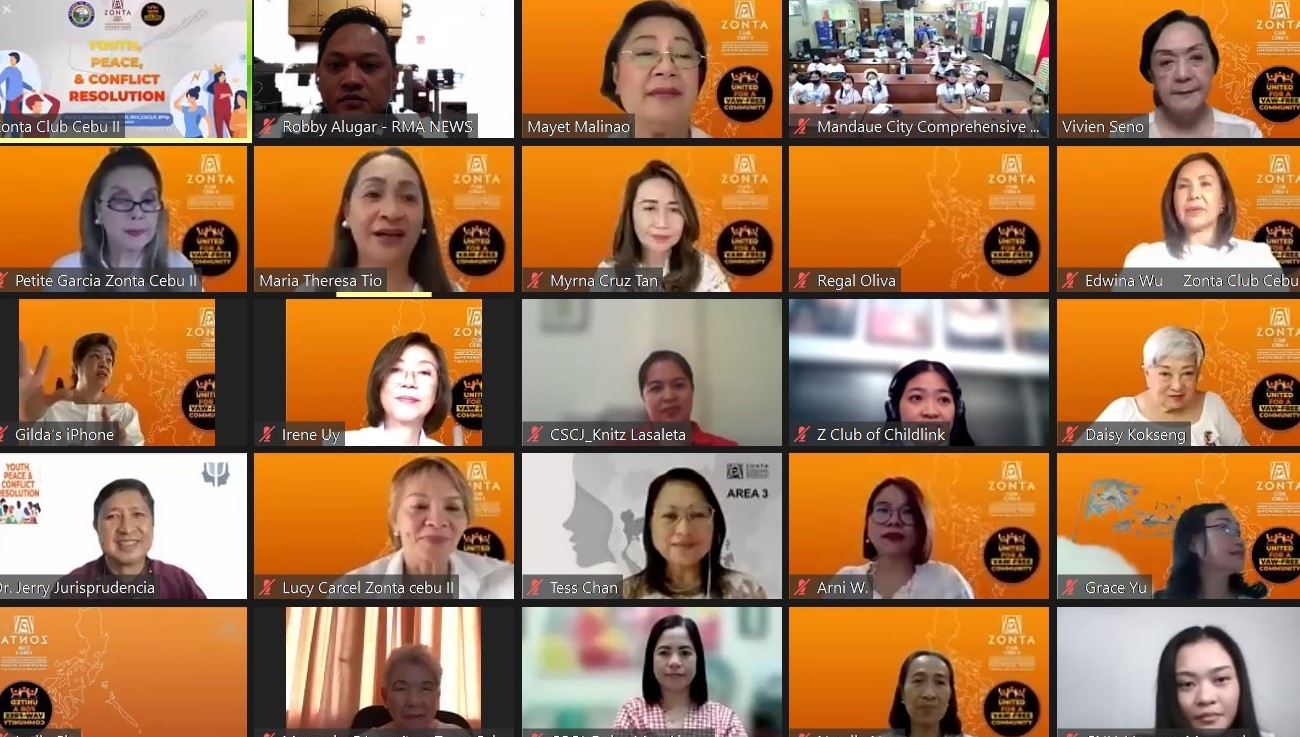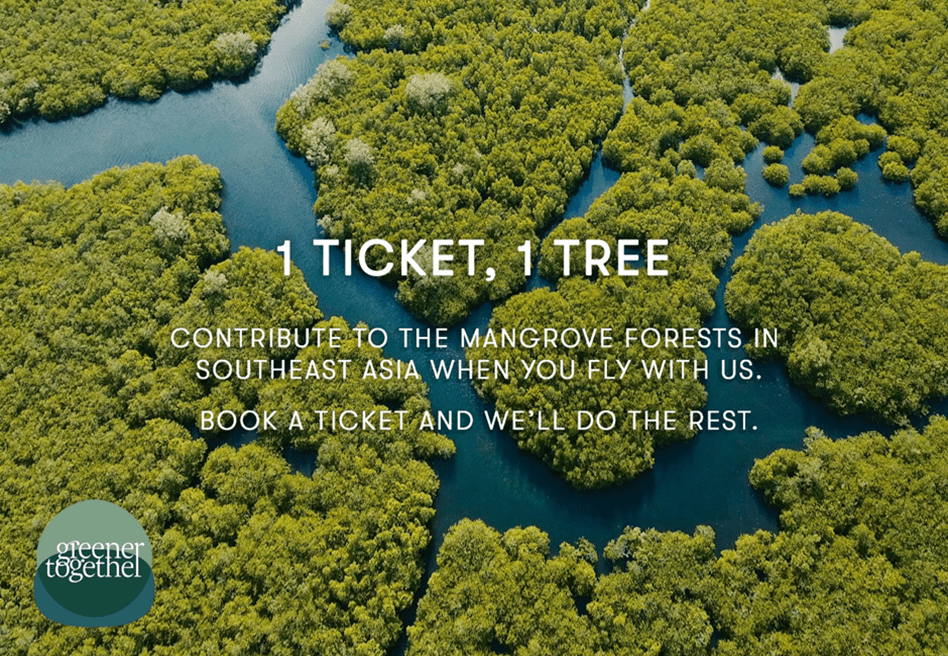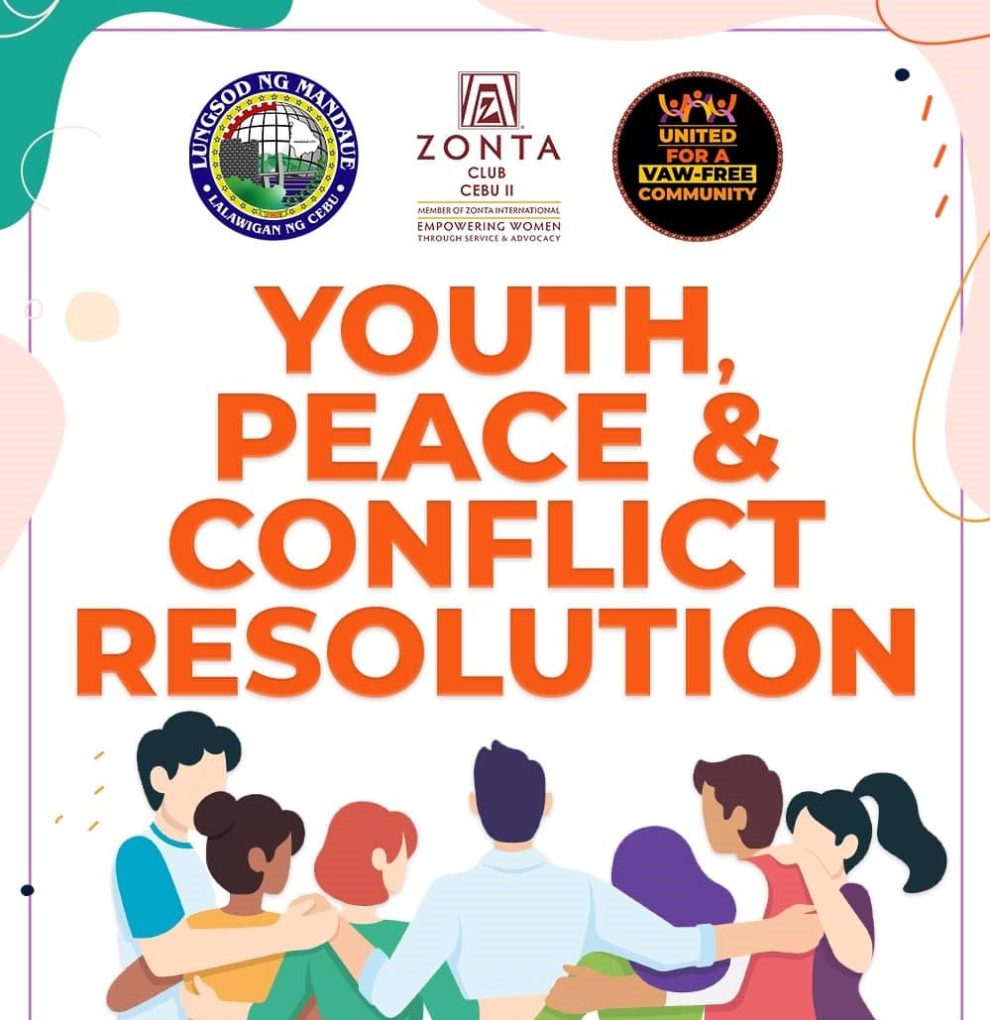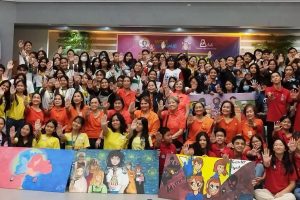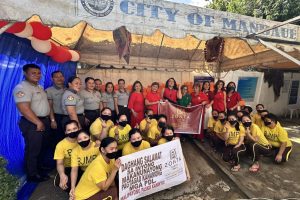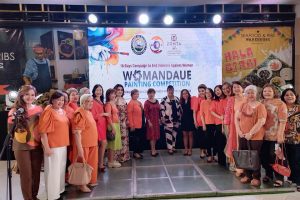Conflict is part of life so people should learn to embrace it and learn how to prevent and resolve this, said Dr. Jerry Jurisprudencia, faculty member of Miriam College Department of Psychology.
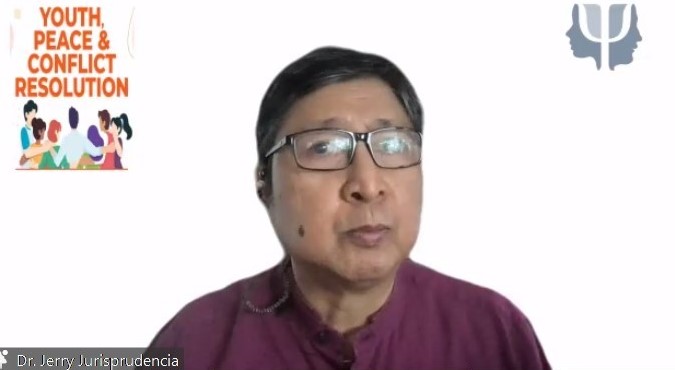

Dr. Jurisprudencia was the resource speaker during the online “Youth, Peace & Conflict Resolution” webinar organized by the Zonta Club of Cebu II for high school and college students.
The webinar was organized to enable participants to know the meaning of conflict and conflict resolution; understand the relationship between conflict resolution and violence prevention, and learn proactive steps to nonviolent outcomes.
He also explained that conflict has both benefits and disadvantages. The benefits include learning flexibility and the ability to listen; open one to new ideas as well as develop communication skills. It could also have a negative impact on relationships and result in decreased productivity, low morale and feelings of apathy and abandonment.
Unresolved conflicts can lead to strained relations at home and broken friendships, hours of detention, and even violence outside. It can also lead to violence if not addressed.
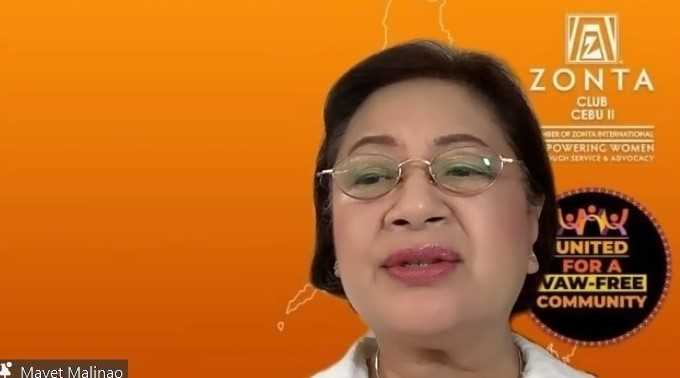

Studies showed that conflict and the negative outcome of conflict become manageable if people learn to cooperate, Dr. Jurisprudencia said. When a dispute arises, often the best course of action is negotiation to resolve the disagreement.
Conflict resolution is best learned early. Parents should raise their children to respect others while supporting the creation of safe spaces at home, in schools and barangays, he added. “Empathy starts at home.”
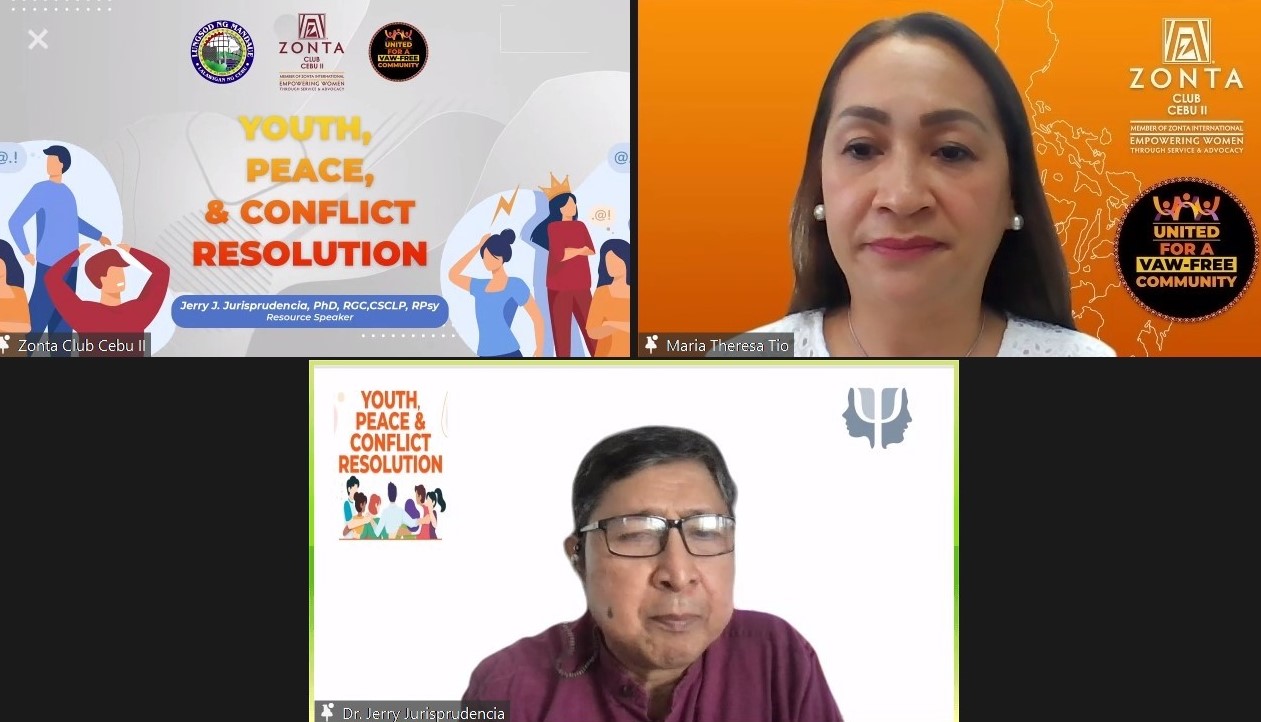

Here are other inputs during the webinar:
- Everyone should reject all forms of violence – verbal, emotional, physical or sexual – as a way to deal with problems. One should call the police if one sees or hears evidence of domestic violence or harassment.
- If you think someone is abusing you, help is available. Report to school authorities, a trusted adult, a guidance counselor or a trained advocate. You are not alone.
- Teach children and youth about body boundaries. No one has the right to violate that boundary. It’s their choice whether they want to hug or kiss others, even relatives.
- Be aware of your rights. Study laws that provide protection to individuals such as the Safe Spaces Act.
- Be an advocate. Participate in an anti-violence campaign or event in school or community.
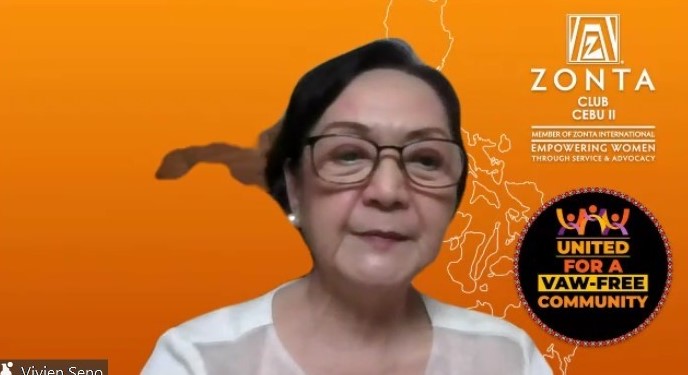

Dr. Jurisprudencia then urged everyone to be involved in ending violence against women and girls. “We have an obligation to protect the home as a place of safety for everybody. If you are conscious of your role that you are an advocate of safe space, that you are an advocate of conflict resolution and attitude of peaceful resolution to problems that can have a ripple effect.”
He then lauded Zonta Club of Cebu II for continued efforts for its advocacy against violence.
